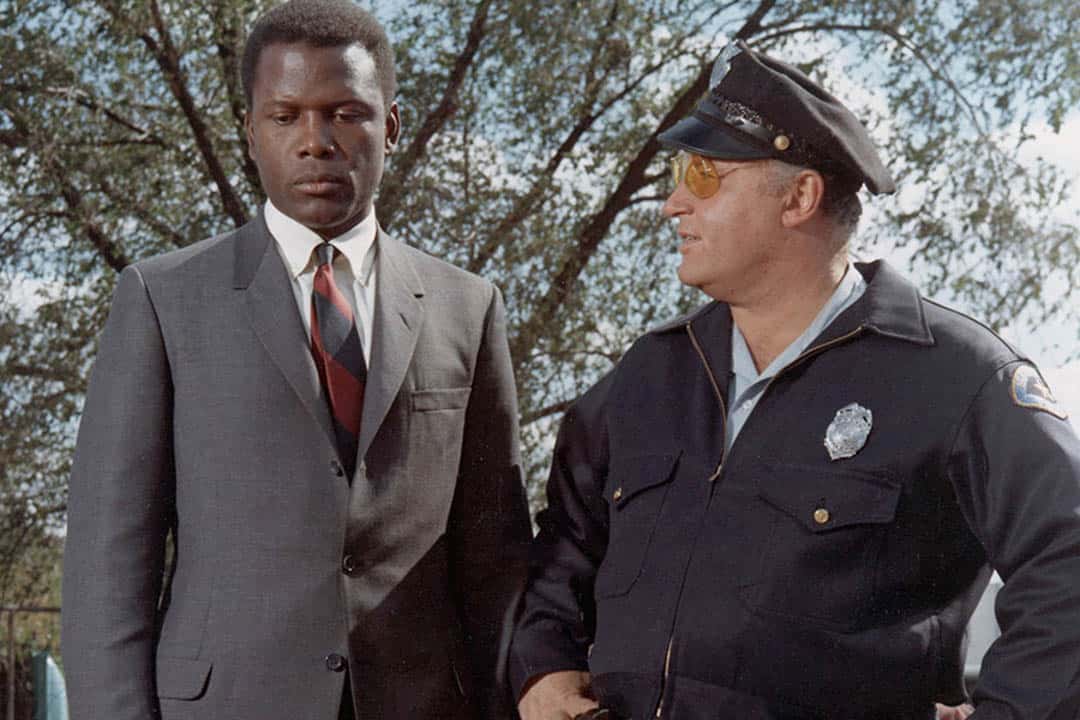The Toronto International Film Festival (TIFF) is in the midst of its Black Star screening series, which aims to celebrate 100 years of Black excellence on screen through a selection of both comedic and dramatic films.
“Black Star considers how images of Blackness have been historically constructed and challenged both within and outside the mainstream industry,” said Ella Cooper, founder of Black Women Film! Canada and guest programmer for the series.
At a November 7 screening of Stella Meghie’s Jean of the Joneses, which was preceded by shorts by Charles Officer and Laurie Townshend, Officer said that it is essential for more Black filmmakers’ voices to be heard. “We need an archive in this country and we are depending on the next generation to continue on and build on.”
Directors Officer and Townshend, both present at the screening, emphasized how their personal experiences, a historical absence of Black women in film, and the impact of violence in the city inspired their work.
Short Hymn, Silent War uses the power of the unsaid as a way to examine how women deal with the aftermath of urban violence. The Railpath Hero is an emotive film that captures the experience of abuse and the absence of a father figure while trying to chase one’s dreams. Jean of the Joneses also examines the plights of growing up in a fatherless home and being expected to depict a false, constructed image of a Black woman that the world knows and expects.
Another of Black Star’s events, a November 3 screening of Norman Jewison’s 1967 film In the Heat of the Night, spotlighted the need to keep working toward not only showcasing and appreciating past Black excellence on film, but also toward increasing Black representation in film more broadly.
James Baldwin once remarked that American films are designed not to trouble but to reassure. In In the Heat of the Night, Poiter portrays a sophisticated detective who ‘assists’ arrogant small-town policemen in solving a crime. Despite the detective’s central role, the movie does not expand on his character beyond his assistance to the white officers, and it provides no more than a glimpse of the state of 1960s prejudice and antagonism.
Despite his superb performance, Poitier was not nominated for the Academy Award for Best Actor. The accolade went instead to Rob Steiger, whose role as one of the arrogant white policemen was secondary to Poitier’s. This recalls the sense of inferiority in the film itself, present in the white characters’ repeated use of ‘boy’ and not ‘man’ to refer to Poitier’s character in the film.
Despite the Oscar snub, Poitier’s daughter, Beverly Poitier-Henderson, once remarked that her father “would be the only Black person on the set sometimes… he helped open up not just the field of acting, but the movie industry in general.”
For many years now, there has been an ongoing discussion of increasing Black presence on the screen. The historical circumstances surrounding films such as In the Heat of the Night reveal the importance of programs like Black Star and the need to build a Canadian legacy of Black excellence on screen.


